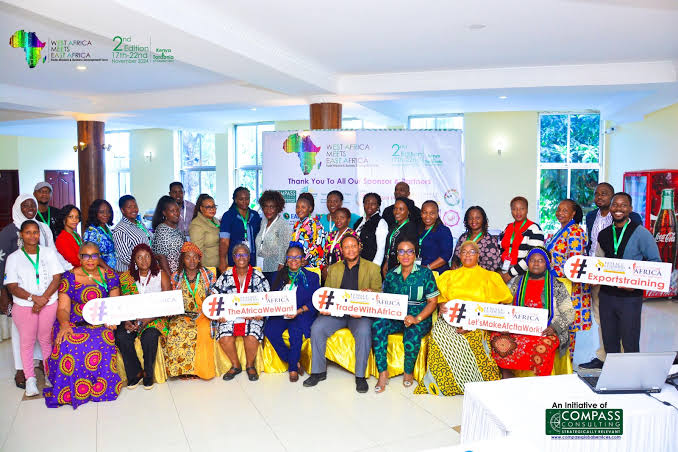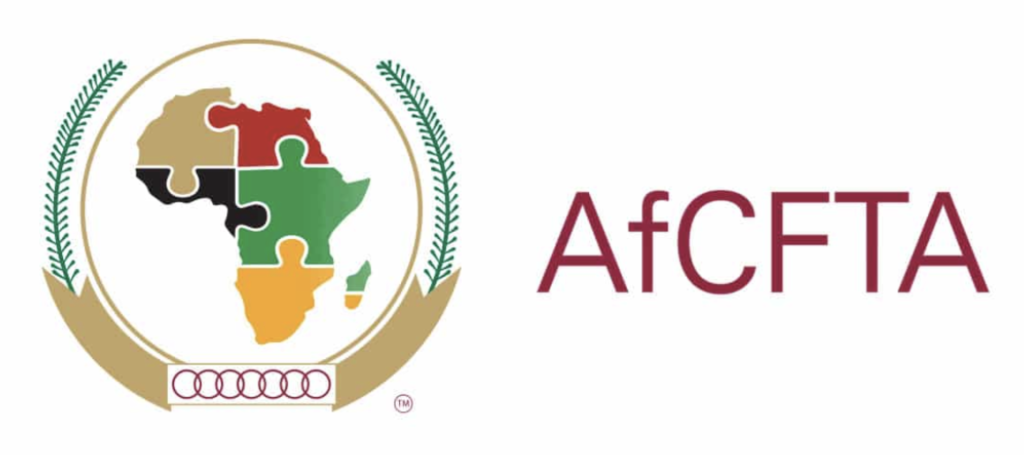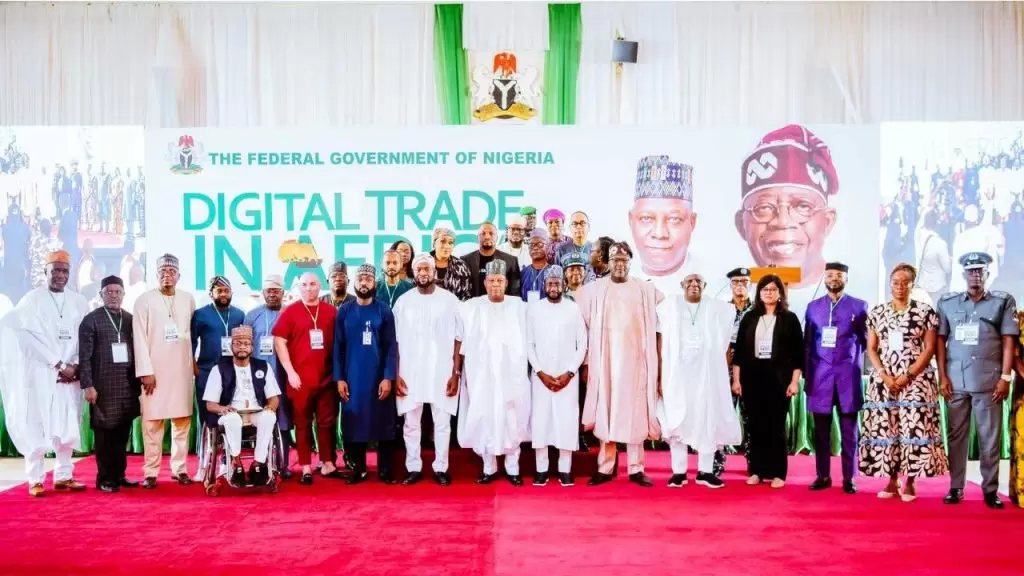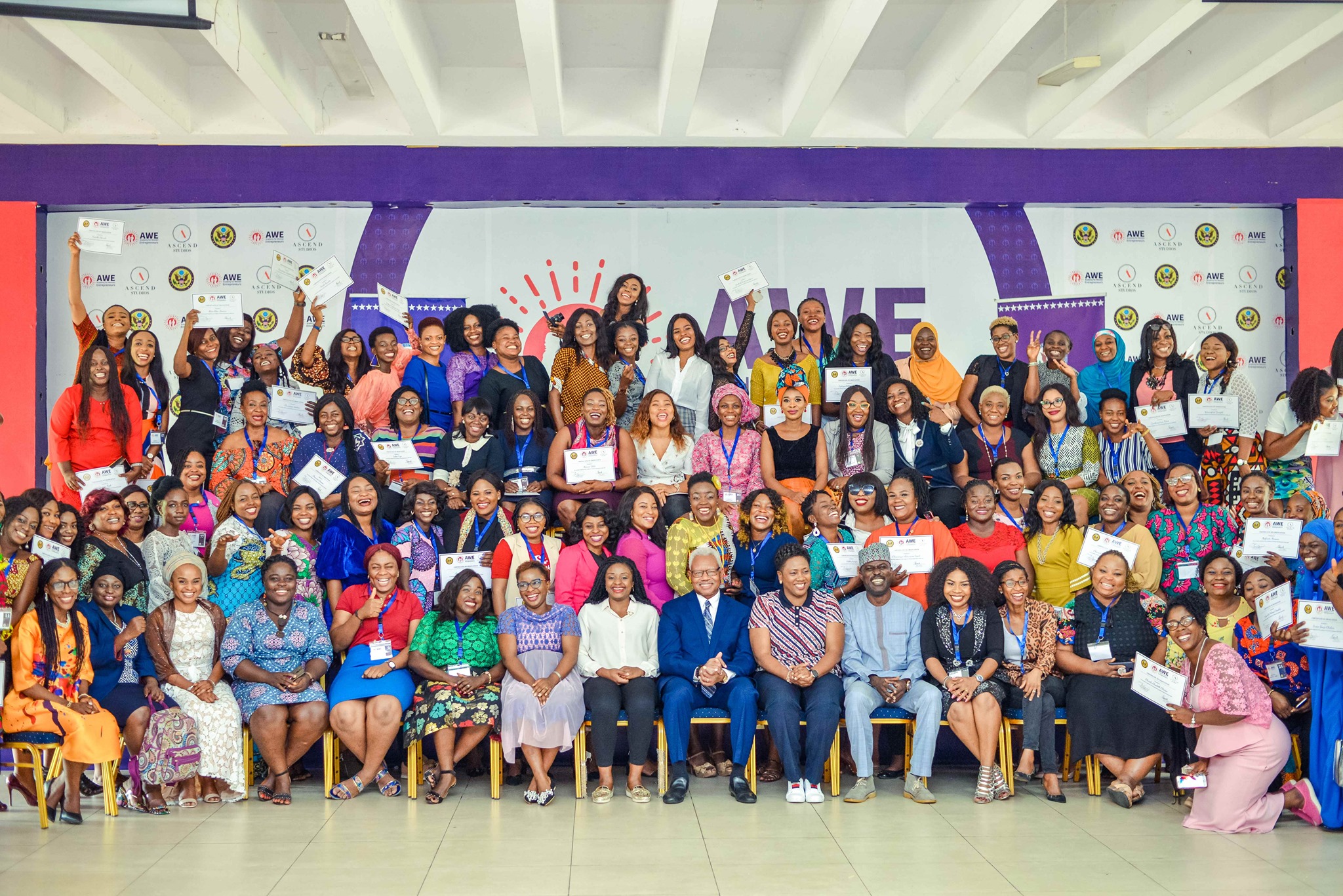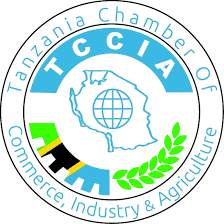The Science Of Trade (SOT) Conference 2024, which ended recently, gave SMEs a platform to connect with trade possibilities and give them the tools and resources they need to take advantage of them.
Through this programme, participants successfully negotiated domestic and international trade challenges, opening doors for development and success. The African Growth and Opportunity Act (AGOA), the African Continental Free Trade Area (AfCFTA), and trade within Nigeria were all covered in detail during the conference.
The Science of Trade Conference 2024 got underway with great enthusiasm, displaying noteworthy highlights from the conference’s opening day. Excitement was high, with attendees ready to see how trade changes companies and how essential teamwork is.
Read also: Learning Meets Tech: Mastercard Foundation Hosts Innovative EdTech Conference
Participants could join the future of business momentum through interactive workshops, thought-provoking talks, and networking opportunities. A vast amount of information was explored.
We studied a wide range of topics, including how commerce transforms businesses and the value of teamwork. Techpression is here to feed you with the highlights of the event.
DAY 1 of the SOT conference
Michael Ervin, Chief of the Political and Economic Section at the U.S. Consulate General in Lagos, gave the opening remarks on the first day. He remarked on increasing trade accessibility for enterprises, promoting knowledge of market dynamics, and deepening bilateral ties between the United States and Nigeria.
The National Action Committee on AFCFTA’s Executive Secretary, Barrister Olusegun Awolowo, delivers the keynote speech on “The Power of Intra-African Trade for Continental Growth.”
Speaking on behalf of Ms Ruth Abisola Olusanya, the Honourable Commissioner of Agriculture, Mr Dapo Olakulehin, discussed public-private partnerships in agribusiness and how they might unlock cross-border potential.
A diverse group of attendees participated in in-depth conversations and gained insightful knowledge and ideas to improve their trade initiatives on the African continent.
Barrister Kola Awe, CEO of XPT Global Limited, provided insightful commentary, which was moderated by Dr Olori Boye Ajayi, President of Borderless Trade and Investment, where he spoke on unravelling Internal Trade Dynamics and unlocking Potential Within Nigeria’s Borders. He emphasised exploring trade logistics, overcoming obstacles, conducting market research, and using government programmes to promote international trade.
Participants from various disciplines actively participated in in-depth conversations to gain insightful knowledge and tactics to advance their commercial endeavours on the African continent.
The Science of Trade 2024 conference’s first day was jam-packed with information on developing an intra-African trade plan. The Olusegun Olutayo-led workshop was inspiring, covering everything from negotiating regulations to finding new markets and building relationships.
The host, Sola Adesakin, of Smart Stewards Financial Advisory, walked the attendees through the day and provided a thorough rundown of the critical points and revelations from the day’s discussion. Her “make-manage-multiply” money methods have empowered clients in more than 40 countries.
Day 2 of the SOT conference
The second day consists of an array of amazing panellists. Everybody contributes their distinct viewpoint and proficiency to the discussion. The panellists, who included professionals from both the public and commercial sectors, provided valuable insights into the intricate workings of the trade and export sector.
Dr Emmanuel Tarfa, including Feyisayo A., Chief Alhaja Adia Mohammodu Apena, and Honourable Commissioner Akinwunmi Ajigbotafe, led a panel discussion on empowering Lagos businesses for trade.
The discussion centred on the prospects and joint efforts to link Lagos brands, as well as the function of the “Empower Lagos” project in preparing companies for trade triumphs, made for a highly informative session.
Ms Margaret Olele, CEO of the American Business Council, gave the keynote address on how to influence investment and commerce between the US and Nigeria in the future to promote prosperity and growth for both countries’ economies, while US Consul General Will Stevens discussed how the African Growth Opportunity Act (AGOA) may improve market access and spur economic progress.
Will Stevens talked about how he thinks trade increases investment in the US and Nigeria and provides the duty-free AGOA benefit. He hopes to see an increase in exports to boost US and Nigerian revenue.
“Yours Truly” Ventures founder, Ms Oluyemisi Ogundipe, gave an insightful seminar on Understanding International Trade exploring important tactics and commercial possibilities worldwide.
Read also: Lagos Blockchain Week to showcase blockchain, crypto, AI innovations interconnectivity
DAY 3 of the SOT conference
Julie LeBlanc, the U.S. commercial counsellor to Nigeria, talked about the strategies and tactics the U.S. trade department uses to encourage more trade between the two countries aggressively.
She highlights the importance of strategic partnerships. Her strategy emphasises presenting Nigeria’s products to the US, advancing Nigerian businesses, and arranging alliances with suitable US counterparts to promote reciprocal development.
The convener of the Science of Trade Conference and Founder of Ascend Studios Foundation, Dr Inya Lawal, highlighted the goal of the gathering—to streamline trade by bringing together specialists from many fields.
She sincerely thanked all the sponsors, partners, and guests who helped make the SOT Conference a huge success. She eagerly anticipates further partnerships and cooperation.
“We would also like to thank all of the panellists and presenters for their insightful contributions, which were shared during the Science of Trade Conference 2024’s numerous sessions,” she remarked.

